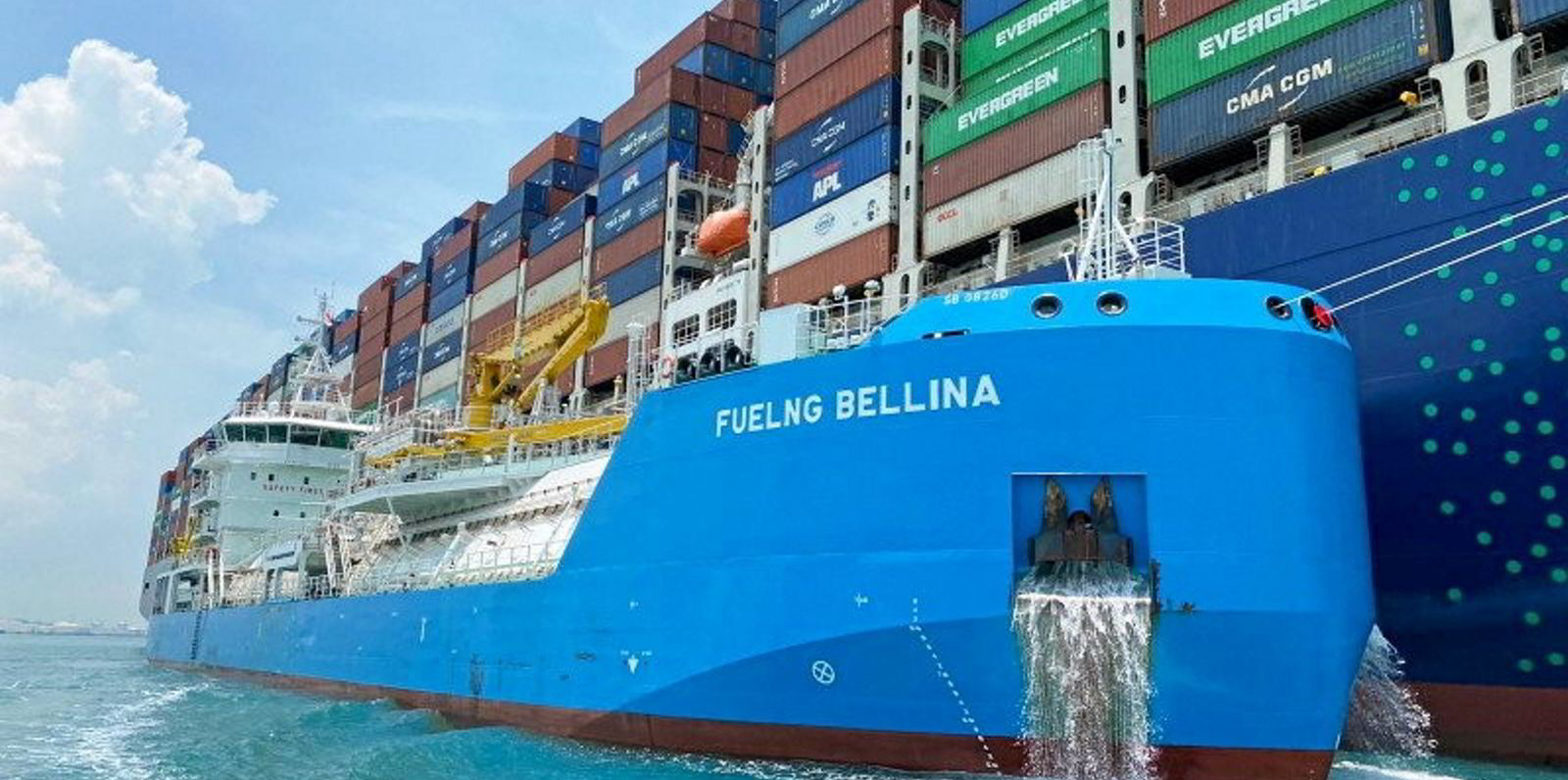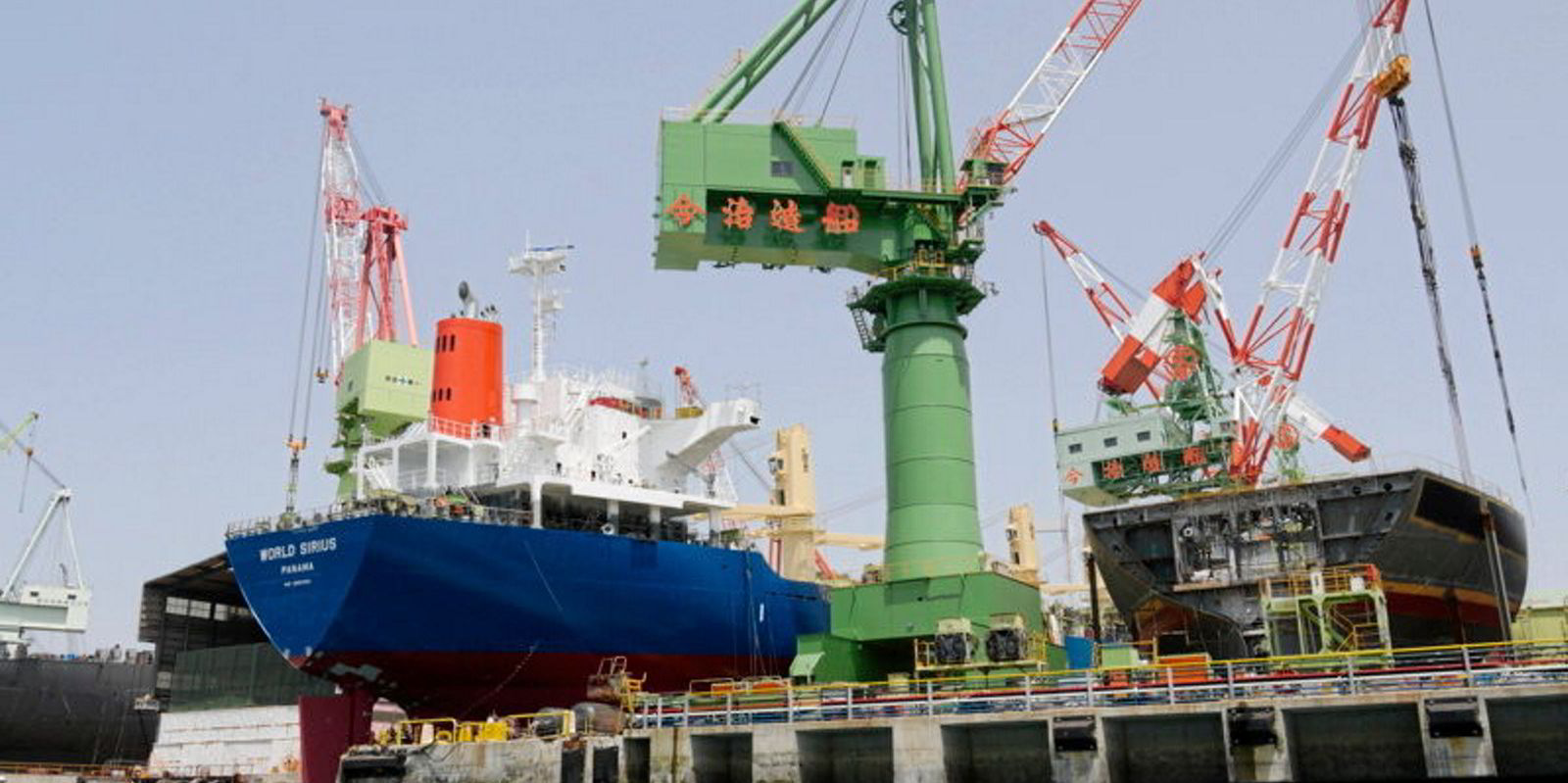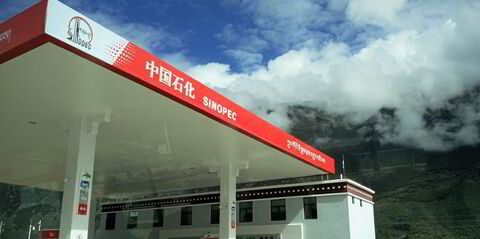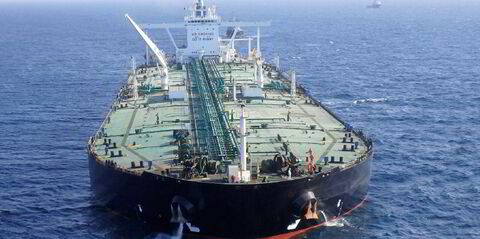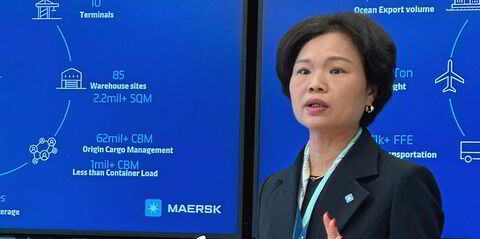Energy major Shell will not be promoting bio-methanol as a marine fuel and instead believes the industry can best decarbonise by using LNG, before progressing to bio-LNG and e-fuels.
Shell’s modelling suggests that LNG and bio-LNG are the most cost-competitive options in terms of both energy density and carbon abatement, according to the company’s head of marine LNG business development Krishna Achuthanandam.
In contrast, he said fossil methanol has a higher carbon intensity than fuel oil — so making bio-methanol a reality would require a greener fuel as a feedstock.
“We believe our modelling suggests that the bio-methanol production is non-cost competitive to the other alternatives that are there like bio-LNG and FAME [fatty acid methyl esters],” Achuthanandam told delegates at the 11th LNG Bunkering & Future Fuel Global Summit in Amsterdam.
Bio-methanol produced from bio-methane is probably “not the most efficient way” to use the limited available feedstock with the energy conversion losses, Achuthanandam added.
“We do not advocate or are going ahead and looking to sell bio-methanol for the marine sector,” he said.
Achuthanandam said this is Shell’s renewed marine strategy.
He said the marine industry needs to take action to decarbonise and it can do this by using LNG as the lowest greenhouse gas-emitting marine fuel available.
He said bio-LNG can be scaled up in future and, further ahead, Shell believes it will be a hydrogen-based fuel that will help the industry deliver the energy transition for the maritime sector.
He said using fossil LNG can allow vessels to remain compliant through to 2035.
After that, it will be possible to blend in bio-LNG, which will give the industry time to scale up production of the fuel.
Achuthanandam calculated that, under the pooling mechanism on the incoming FuelEU regulations, running one vessel on bio-LNG could keep 19 other vessels running on very low-sulphur fuel oil in compliance.
He said Shell has cut its methane emissions by 60% versus 2017 and is aiming to reduce them to zero, naming the reduction technologies it currently has on trial.
Shell is supplying LNG bunkers in 21 locations across 13 countries, he added.
The company controls 12 LNG bunker vessels, two of which are under construction, and has completed 1,700 LNG bunkering operations.
Achuthanandam said the energy major has plans to grow this further.
